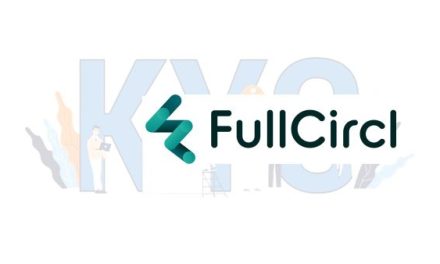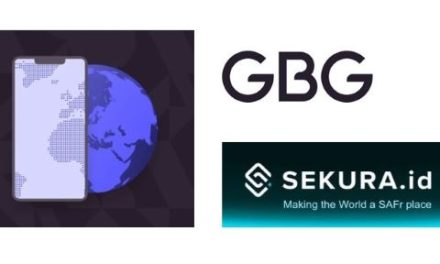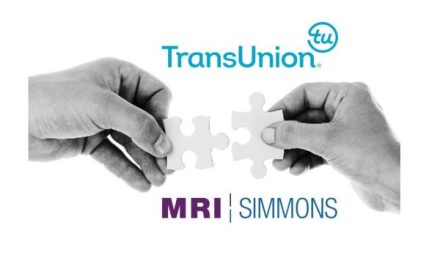Guest Post By: David Francis and Tanvi Tapadia
Have you given much thought to identity? Not about your personal identity: your values, goals, and dreams – all of us most certainly think about those.
What about your official identity, your social security card, your driver’s license, your passport – the things you carry in your wallet or store in a safe that make you, you, in the eyes of a government, bank, or hospital? Romantic notion, isn’t it?
LIFE WITHOUT IDENTITY
It may not be romantic but it’s a notion that’s necessary. Would you believe 11 percent of adults in the United States have no official identification? Would you believe that around the world, 1 billion people lack official identification? According to one study and the World Bank, both are true.
Lack of ID has serious implications for everyday life. In some places, voting is impossible without proper identification. It’s difficult to enroll a child in school or cash a check without it. Without official identity, people can’t drive, buy medicine, apply for a home or car loan, a phone plan, or open a bank account. It can trap people in cycles of poverty. Life without ID means an individual simply doesn’t exist in the eyes of many key institutions. They can’t participate in the life that many of us take for granted.
THE SHIFT TO DIGITAL
Imagine how much easier life would be if identification records were digital instead of physical documents housed in a government facility. Paper records can be easily lost, hard to replace, and difficult to organize. If they existed in the cloud these records would be standardized an easy to access from anywhere in the world.
Think about your life over the last couple of months. Most of us spent it at home due to the coronavirus outbreak. People ordered groceries, streamed video, and had packages delivered during that time.
Whether or not you realized it, this was all made possible because of digital ID. Grocery stores, Amazon or Netflix was able to digitally verify you. Digital ID served as a lifeline as millions quarantined to stop the spread of the coronavirus.
A digital ID can help lift people out of poverty, give them access to financial resources they may lack, and allow them greater participation in modern digital life. This lifeline isn’t available for the 1 billion people around the world without government ID. It’s also not available to 3.4 billion around the word who have official identification have limited ability to use it in the digital space.
WHY eIDV IS BETTER
eIDV is a faster route to your customer’s check out, their opening of a new bank account, or their reaping the rewards from an online gaming quest. What’s more, prompting account creation shortens the verification process in the future.
And successful verification often means that a customer doesn’t realize they’re being verified. The last thing you want to do is ask for additional documents to verify their ID; if you have to, your electronic identity verification solution has failed. Additional asks feel intrusive because customers are forced to choose between trusting your business with additional sensitive information and not getting the product or service they need.
GLOBAL DATA CONSORTIUM’S SOLUTION
GDC’s Worldview puts instant identity verification at your fingertips to prevent fraud and theft. Our platform allows your organization to utilize local identity data from multiple countries and sources through a single API without risking Anti-Money Laundering (AML) and Know Your Customer (KYC) noncompliance.
About GDC
We are on a mission to empower businesses with the tools to get to know their customers, stay compliant, and deliver real-time solutions. Our Worldview platform facilitates the relationship between local and global markets by pairing businesses to locally sourced data from all over the world.


























